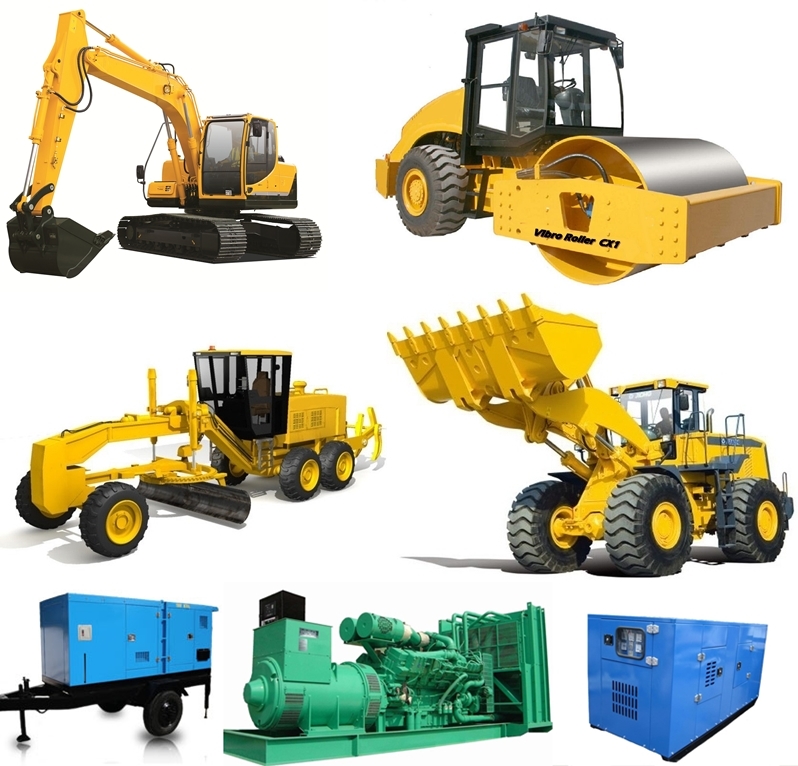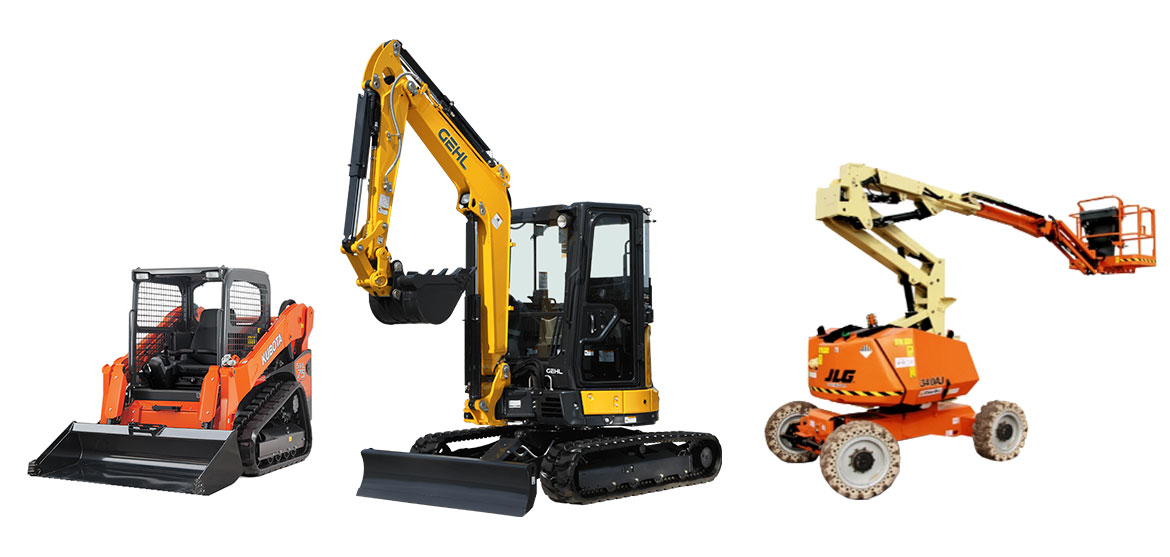Optimize Your Spending Plan by Comprehending the Expenses Associated With Building And Construction Devices Services
Understanding the complete scope of prices connected with construction devices rentals is important for maximizing your budget. While the first rental charge may appear simple, numerous extra expenses-- such as transport, gas surcharges, and upkeep-- can swiftly gather, impacting your economic preparation. Additionally, recognizing numerous charges and the ins and outs of rental agreements can aid avoid unexpected financial worries. What strategies can be utilized to properly manage these expenses and guarantee a more effective rental experience?
Overview of Rental Prices
When thinking about construction devices services, recognizing the linked costs is vital for reliable budgeting and job preparation. Rental costs can differ dramatically based on a number of aspects, consisting of devices kind, duration of service, and location. The initial rental fee often reflects the tools's market demand and its connected functional abilities, influencing the overall expense.
In addition to the base rental rate, secondary expenses might occur, such as transport fees, gas additional charges, and maintenance fees. It is important to account for these additional expenditures to properly evaluate the overall expense of renting out equipment. The rental duration can influence pricing; longer rentals may qualify for discounted rates, while short-term rentals might incur higher daily charges.

Malfunction of Rental Rates
An extensive understanding of rental rates is essential for contractors and task managers aiming to optimize their budget plans. Rental rates for building and construction tools commonly contain several parts, consisting of base rates, time-based costs, and usage fees.
Base rates are the core costs connected with the leasing of the devices, usually determined by the type and dimension of the machinery. These prices can vary considerably, influenced by variables such as devices need, schedule, and regional market fads. Time-based charges, which might be daily, weekly, or monthly, serve to accommodate different task timelines and rental durations.
In addition, rental rates might include usage fees, which are appropriate when equipment is made use of beyond a defined threshold, making certain that the rental business can make up wear and tear. Seasonal demand variations can also affect rental rates, with peak building and construction seasons generally regulating higher costs.
Additionally, comprehending the rental company's policies pertaining to maintenance and insurance coverage can provide additional understanding into the general price structure. By examining these parts, professionals can make enlightened decisions, making sure the option of rental tools aligns with both job needs and budget plan restraints.
Additional Fees to Think About
Recognizing the details of additional fees is critical for specialists to manage their general leasing expenses efficiently. Beyond the typical rental rates, different extra fees can significantly impact the complete price of equipment rental. These fees often include distribution and pickup costs, which can differ based upon range and logistics associated with delivering the equipment to and from the task website.
Furthermore, some rental companies might enforce fuel surcharges if the equipment is returned with much less fuel than when rented. It is likewise vital to understand potential cleansing charges, especially for specialized tools that needs complete maintenance after use.

Extensively examining the rental arrangement and clearing up these additional charges in advance can help service providers avoid unforeseen costs and make sure that spending plans remain undamaged throughout the project lifecycle.
Repair And Maintenance Costs
Regular repair and maintenance expenditures are typically overlooked elements that can asphalt grinder for skid steer dramatically influence the overall expense of construction equipment rentals. When renting devices, it is critical to think about not only the rental costs however additionally the possible expenses associated with keeping the equipment in optimal operating condition.
Many rental firms include fundamental maintenance as component of the rental contract; however, extra unforeseen failures or substantial repairs can lead to extra expenditures. It's important to examine the rental agreement very carefully to comprehend what maintenance services are covered and what obligations drop on the occupant.
In addition, tools that is not properly maintained can lead to inefficiencies on duty site, potentially causing delays and increasing task prices. To minimize these threats, it is suggested to perform routine assessments and preserve open communication with the rental supplier relating to any type of problems that develop during use.
Insurance Coverage and Obligation Expenses
Insurance coverage and obligation expenses are important elements that can considerably impact the overall cost of building equipment services (heavy equipment rental). These prices guarantee that both the rental company and the customer are safeguarded from potential monetary losses occurring from crashes, damages, or theft throughout the rental period

Furthermore, clients must recognize any kind of deductibles or exclusions in the insurance coverage, as these can impact possible out-of-pocket expenses. Comprehending the terms and conditions of any type of insurance policy coverage is important to stay clear of unexpected expenses. Eventually, budgeting for insurance and obligation expenditures can help make sure a smoother rental experience and shield against monetary threats related to building tasks.
Conclusion
To conclude, a comprehensive understanding of the expenses related to construction devices leasings is crucial for effective budget plan administration. By assessing rental rates, added fees, upkeep expenditures, and insurance companies, individuals and needs can lessen unanticipated expenditures. This tactical technique not just enhances cost-effectiveness however additionally makes sure that tasks progress efficiently and efficiently. Eventually, educated decision-making regarding equipment leasings adds to the general success of building ventures.
Rental prices can vary dramatically based on several variables, consisting of equipment kind, duration of service, and place (equipment rental company). The rental duration can impact pricing; longer services may certify for reduced prices, while short-term services may sustain higher day-to-day charges
By performing extensive study and engaging with respectable rental companies, specialists can effectively browse the intricacies of rental prices, inevitably maximizing their monetary sources.
Beyond the common rental rates, different supplementary fees can dramatically impact the overall price of equipment leasing. Rental firms frequently supply liability insurance coverage that covers injuries to 3rd parties or damage to property, while devices damages insurance can cover the cost of repair services or substitute if the rented out equipment is damaged.